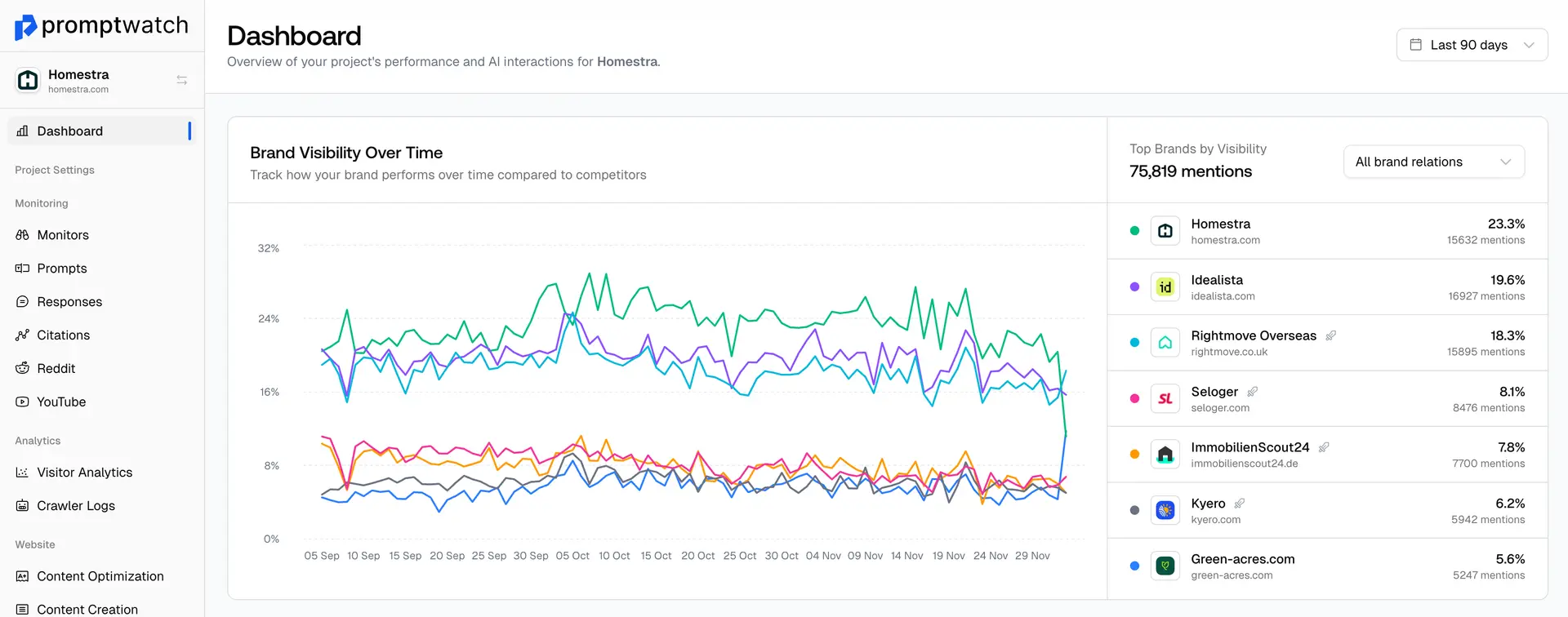Definition
AI Search Intent Optimization is the strategic process of optimizing content to match the specific ways users express their needs, questions, and requirements when interacting with AI search systems and conversational interfaces. This optimization approach recognizes that AI users often phrase queries differently than traditional search users, requiring content that aligns with conversational, contextual search patterns.
Unlike traditional search intent optimization which focuses on keyword-based queries, AI search intent optimization considers the conversational nature of AI interactions, including follow-up questions, context-dependent queries, and multi-faceted information needs.
Key aspects of AI search intent optimization include analyzing common question patterns in AI interactions, creating content that addresses complete user journeys, anticipating follow-up questions and related topics, providing comprehensive context and background information, and structuring content for conversational discovery and exploration.
AI search intent often includes informational queries seeking comprehensive explanations, comparative requests for product or service evaluation, procedural questions requiring step-by-step guidance, contextual queries that depend on user situation or background, and exploratory queries that start broad and narrow through conversation.
Optimizing for AI search intent requires creating content that works well for AI synthesis and recommendation, providing clear, direct answers to common questions, building comprehensive topic coverage that supports multi-turn conversations, and ensuring content maintains relevance across different query contexts and user situations.
Success in AI search intent optimization is measured by citation frequency in relevant AI responses, accuracy of content representation in AI answers, and the ability to support comprehensive user information needs through AI-mediated discovery.
Examples of AI Search Intent Optimization
- A financial advisor optimizing content for AI queries about retirement planning that often include specific life situations and timeframes
- A technology company creating content that addresses common AI queries about software selection with different business sizes and use cases
- A healthcare provider optimizing content for AI health questions that often include symptoms, age groups, and medical history contexts
- An e-commerce brand optimizing product content for AI shopping queries that include specific features, price ranges, and usage scenarios
